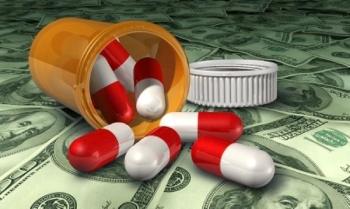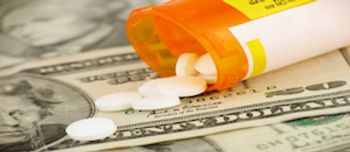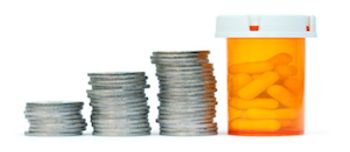
For many years, employers, payers, and pharmacy benefit managers have been developing benefit designs to incentivize patients and providers to make cost-effective treatment decisions.

For many years, employers, payers, and pharmacy benefit managers have been developing benefit designs to incentivize patients and providers to make cost-effective treatment decisions.

Maximizer programs are likely to lead to the dwindling or death of PAPs as we know them.

Pharmacists should be vocal in objecting to unproven therapies for COVID-19 being widely used primarily based on wishful thinking.

Consider these 5 takeaways from a pharmacy leader in an academic health care system during the COVID-19 crisis.

Concerns abound because of an overreliance on foreign sources for active pharmaceutical ingredients, excipients, and finished dosage forms.

A more reasonable way to address shortages: price drugs at a level that provides incentive to ensure a consistent, high-quality supply.

Health System Pharmacists Should Think About the Implications of Acquiring and Dispensing These Compounded Products.

Health-System Leadership Should Develop Institutional Policy Forbidding the Acceptance of Drugs From an Outside Pharmacy

That is the message that pharmacy leaders must send to payers and pharmacy benefit managers.

Although in 2018 we had a reprieve from the usual annual drug price increases, it was short-lived, with most manufacturers announcing a new round of price increases to start 2019 that exceed the overall inflation rate for goods in the United States.

I fully recognize that we want pharmacists who bring specialized knowledge and skills, such as critical care, infectious diseases, or oncology, to be involved as a patient progresses through the health care system, but it is obvious that we also fractionate care when it is not ideal or necessary.

If you are a clinical pharmacist who provides cutting-edge direct patient care as a member of an interprofessional patient care team or you are a pharmacy health-system leader enjoying the success of your highly regarded department, you should pause today and thank a pharmacy technician.

For the vast majority of Americans with chronic diseases, the medication-use system in the community is broken in many ways.

In general, there is a lack of adequate evidence from well-designed, controlled clinical trials demonstrating that the use of pharmacogenomic data to individualize drug therapy is directly related to improvements in clinical outcome in nononcology therapeutic areas.

In this issue of Pharmacy Times® Health-System Edition, Grayson K. Peek, PharmD, and Halena Leah Marcelin, PharmD, offer a brief discussion of optimizing wholesale acquisition cost exposure for organizations participating in the federal 340B drug discount program when the group purchasing organization prohibition requirement applies.

We face many challenges in this very dynamic practice environment, with the prospects of declining revenue, increasing costs, major changes in reimbursement models, and ever-increasing demands on departments of pharmacy to positively affect drug-related outcomes and quality of care.

Health-system consolidation, both vertical and horizontal, is occurring at an unprecedented pace, with no indication of slowing in the near future.